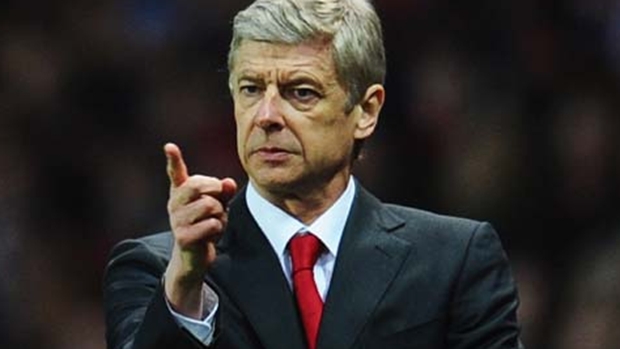By Mark Baber
November 11- In the wake of the World Anti-Doping Agency’s (WADA) bombshell revelations about doping in Russian athletics, Arsenal manager Arsène Wenger has suggested that many opponents, both past and present, might have used performance- enhancing drugs, adding to worries about whether football might be drawn into the ongoing scandal.
Talking to the French sports daily l’Equipe, Wenger said that while all the teams he has coached have been clean, the same cannot be said for some of their adversaries.
“I try to be faithful to the values that I believe to be important in life and to pass them on to others,” said Wenger. ” In 30 years as a manager I’ve never had my players injected to make them better. I never gave them any product that would help enhance their performance. I’m proud of that. I’ve played against many teams that weren’t in that frame of mind.”
Wenger is concerned there might be a hidden problem.
“For me, the beauty of sport is that everyone wants to win, but there will only be one winner. We have reached an era in which we glorify the winner, without looking at the means or the method. And 10 years later we realise the guy was a cheat. And during that time, the one that came second suffered. He didn’t get recognition.”
After Arsenal’s recent 2-1 loss against Dinamo Zagreb in the Champions League, Arijan Ademi failed a drug test with his B sample later also testing positive. Wenger reacted by saying : “When I saw that the players of Zagreb were doped – well, when you don’t play at your best and your opponent is doped, it is difficult.”
Various theories have been advanced as to the reasons for Ademi’s positive test, with the 24-year-old facing a career-destroying four-year suspension from football if no mitigating circumstances come to light before UEFA rule on the matter next week.
In 2013, Wenger played a role in encouraging the adoption of blood test for football players after declaring that sport is “full of legends who are in fact cheats.”
“Honestly, I don’t think we do enough [on doping tests],” he said. “It is very difficult for me to believe that you have 740 players at the World Cup and you come out with zero problems.”
“I hope England is immune from doping but I don’t know. When you have a doping control at UEFA, they do not take blood, they take only urine. I have asked many times (for that to be changed]. I hope we do not have a big problem with doping but we have to try to find out.”
UEFA have now introduced steroid profiling, testing both blood and urine of randomly selected players. FIFA introduced mandatory drug testing and a biological passport for all players at the 2014 World Cup in Brazil.
Before that tournament, Professor Jiri Dvorak, FIFA’s chief medical officer, argued that FIFA was taking appropriate measures to defend the sport from doping with a strategy of focusing on education and prevention combined with a programme of stringent in-and-out-of-competition controls.
Dvorak cited WADA statistics which demonstrate that football is by far the number one sport in terms of anti-doping tests – around 30,000 tests each year – and the number of positive cases compared to other sports is very low.
Whilst Wenger’s recent comments may have been somewhat overplayed in the media, the systematic attempts of Russian athletics coaches to evade doping controls show the importance of vigilance in preventing football coaches and players from going down a similar road.

